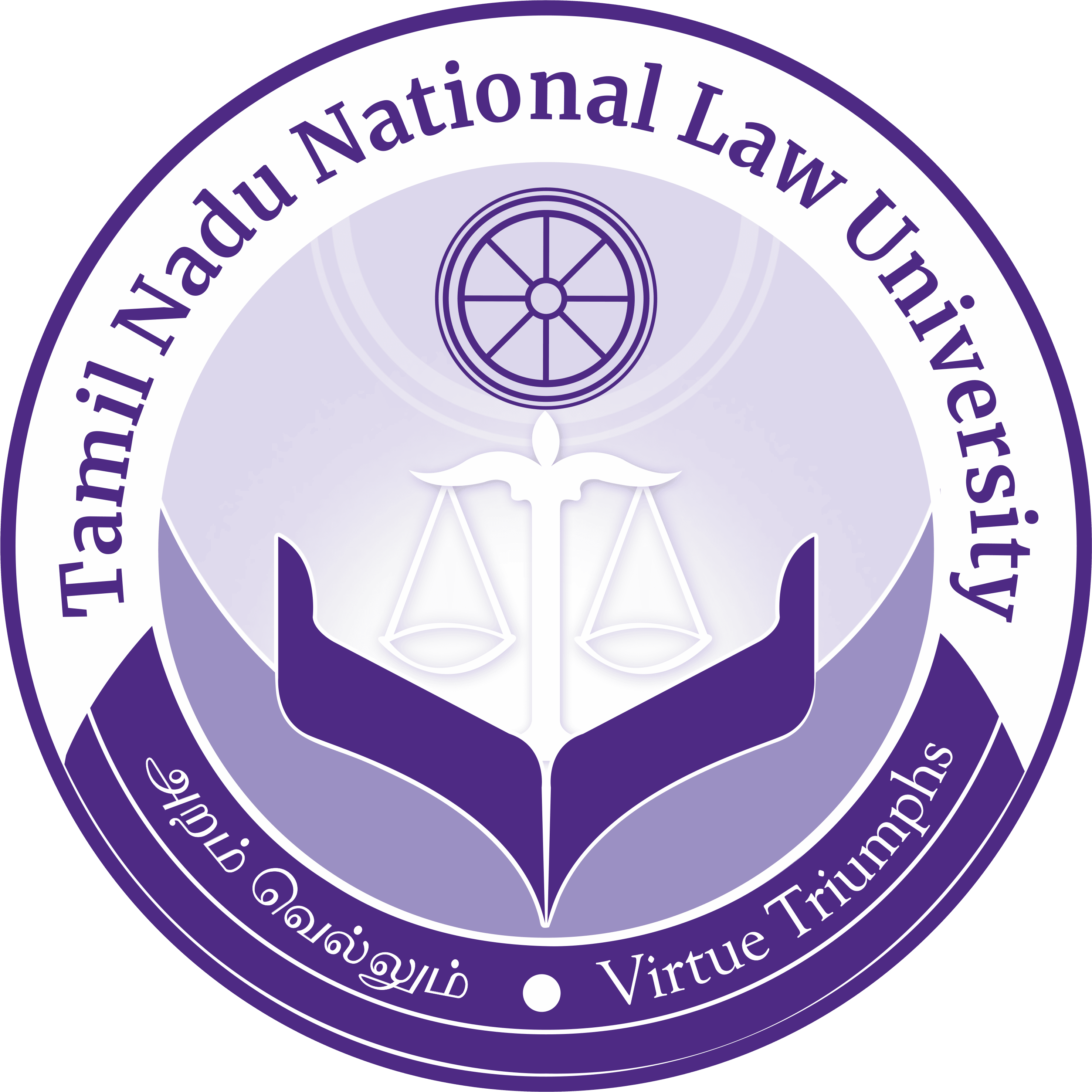

The Panel Discussion, titled as "Rights of the 3rd gender under the Post-Independence Family Law", had four speakers: Mr. Mohammad Rayyan, Ms. Suhasini Chowdhury, Ms. Yazhini and Ms. Vishalini Natesan. Ms. Nehal Jain prepared a poster for the event which was presented in the beginning of the event. The event was coordinated by Mr. Mohd. Adnan Sami and Ms. Shreya Mallick, from the batch of 2025. Different aspects of rights of the III gender were discussed by four speakers. Firstly, Mr.Rayyan, presented about the Marital rights of III Gender. He discussed about different perspectives, opinions and status quo existing under the law regarding the rights of the third gender and mentioned that they are not well defined when it comes to marriage and divorce. The usage of gendered terms in legislation adds to this. Further emphasis should be given on marriage being a constitutional right of everyone including the third gender and this should be considered while framing policies/laws in the future. The third gender should have the choice to identify themselves, as observed by the Supreme court in the NALSA judgement and this should pertain to marriage and divorce as well. Ms. Suhasini presented on Adoption of III gender. She discussed on the present status of formalities and laws on adoption not recognising the Third gender. There is currently no law in place that allows transwomen and transmen to adopt legally. There are illegal means to do so, which are rather common, especially since people who don’t wish to care for their children or are not in a position to do so, drop them off in transgender communities. Third speaker was Mrs. Yazhini and she analysed various cases addressing about the right of a person for self-determination of his/her sex/gender and consequently their right to have a live-in-relationship. Even though it is evident from the judgements of High Courts and Supreme Courts that the transgenders have the right to live in a live-in-relationship and their rights have been continuously protected by the Courts; the problem lies with the society which refuses to accept and recognize transgender persons on equal par with other human beings in the society. Speaker focused on the need to create awareness to enable the III gender to fully enjoy their rights which have been guaranteed by the Constitution of India as well as the other laws of our country. Ms. Vishalini had discussed about the transgender succession and inheritance rights and emphasised on the same with Ajay Mafatlal case. There arose a need for institutional recognition of transgender in India. In the 2011 census, the category of ‘others’ was added to the question regarding gender. She also discussed about the NALSA judgement. In the existing laws, transgender people need to put themselves in the shoes of either male or female and then proceed with the succession or inheritance process which hampers the main purpose of the initiative. Ms. Vishalini concluded by stating that either the existing laws need to be interpreted in a new perspective or the existing laws needs to be amended or changed to accommodate the transgender community into the ambit of succession rights. After the speaker’s discussion, the participants discussed their opinion regarding the concepts discussed. Ms. Ammakannu Sekar, Course Faulty of Family Law II, delivered her address and commented on all the four topics and thanked everyone for their participation. The event was very successful with fruitful discussions.